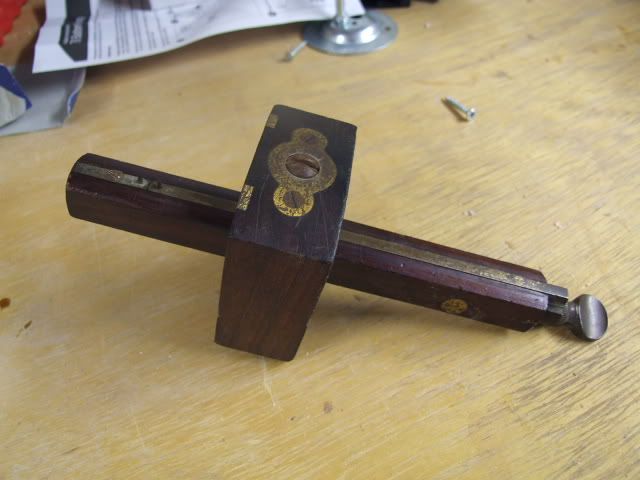Bassbear81
Established Member
Picked up a Marples mortice gauge from the boot sale they weekend, but its got a screw in the lock, does anyone know where I can get a knurled on from (or is it suposed to have a screw).
Whats the best way of cleaning the it up.
Whats the best way of cleaning the it up.





